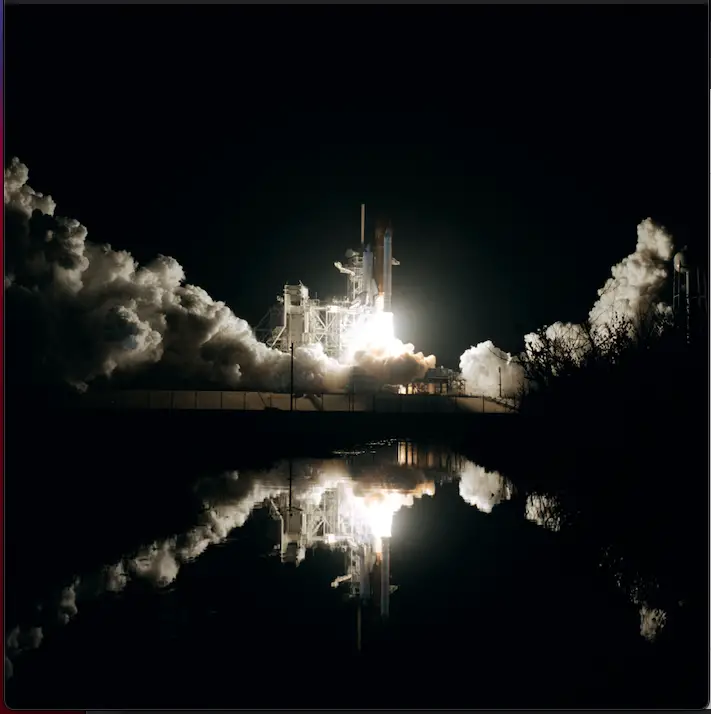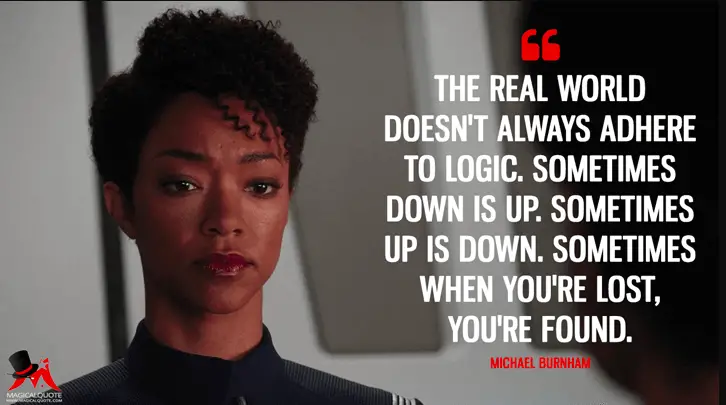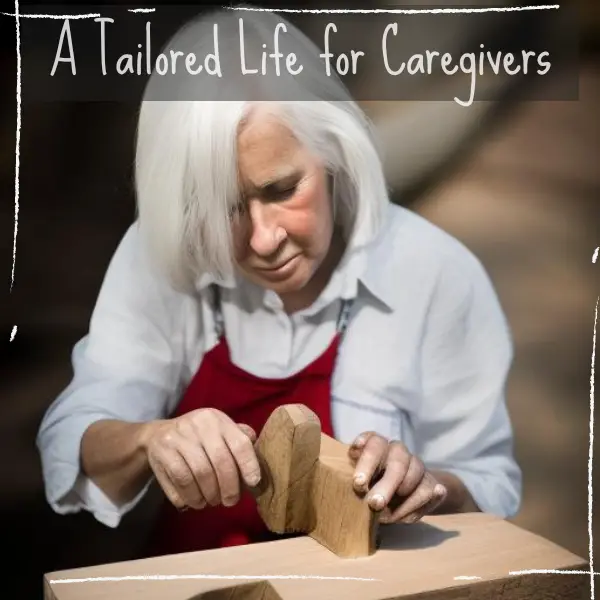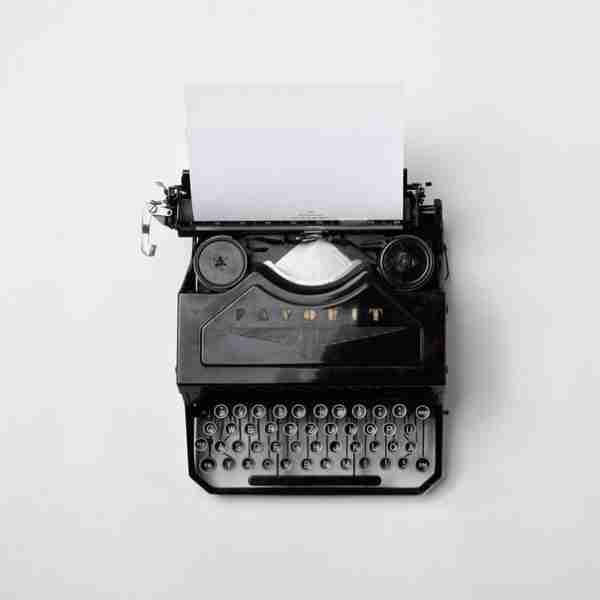
As human beings, we are always adapting especially as we mature. Our environment, community, means of communication, and personal needs can dictate how and why we adapt. If you were 100 miles from home, 1,000 miles from home, or in Outerspace, would thinking more broadly be a way to adapt? Technology forces us all to adapt our communication with cell phones, text messaging, and social media platforms. In the 1990s while in college, I transitioned from using a typewriter in undergrad to a PC in graduate school. The typewriter is not an extinct form of communicating; but, a personal computer can provide typed documents, internet use, and more. In the last decade, my kids adapted from using laptops in elementary school to Ipads in high school. Our mental health care needs to adapt as we mature and self-care is a big part of that adjustment.
I am Michelle and I am a life coach. As a coach, I focus on the five areas of well-being. Physical, financial, personal, community, and career. I offer tips and life hacks to help caregivers maintain their well-being in these 5 areas.
“Self-care is a fluid means for caregivers to adapt.”
michelle bryant
While binge-watching one of the coolest shows in the galaxy, Star Trek: Discovery, I was introduced to Commander Michael Burnham. As a Starfleet officer, she is charged with preserving human life and gaining knowledge about other species and planets in the galaxy. Michael Burnham, named after her father, is a career officer, a human born on Earth and raised by a Vulcan father and human mother after the death of her biological parents. Her human side works to balance with the Vulcan logic she has come to know and depend on as a Starfleet officer. No matter the lifestyle, we all have to balance our needs with our surroundings. Whether you are a formal caregiver, informal caregiver, or a Starfleet officer, self-preservation is essentially self-care. Self-care is a fluid means for caregivers to adapt.
In the first episode, “Captain Philippa Georgiou and Commander Michael Burnham are on a desert planet attempting to locate a well that has run dry due to radiation from a meteor mining accident” according to Memory Alpha Fandom. Spoiler alert. Burnham and the crew on patrol of Federation space investigate an unknown object in space and a series of events unfold placing the lives of the crew in danger. When Klingons appear ready to attack the ship Burnham cares so much about the fate of the ship and its crew that she defies a direct order from the captain putting her freedom at risk. During all of this, the brilliant and fearless Burnham keeps a professional and personal log of her experiences.
“First officer’s log…”
MICHAEL BURNHAM
Burnham’s “First officer’s log, stardate 1207.3. On Earth, it’s May 11, 2256, a Sunday. The crew of the USS Shenzhou has been called to the edge of Federation space to investigate the damage done to one of our interstellar relays. Blast burns around the hole are inconclusive. Were they caused by an asteroid, or was it deliberately destroyed to limit Starfleet communications? And if so, by whom?”
Personal log, Specialist Michael Burnham, Stardate 2136.8. Despite my fears to the contrary, I seem to have found my place on this Discovery. An air of routine has descended upon the ship, and even I am a part of it. I’ve made friends. Well, one at least. I take comfort in my work. As we perform our daily responsibilities, I confess I find some members of my fellow crew more interesting than others. Lieutenant Tyler has suffered so much, and still maintains such dignity and kindness. I find him… intriguing. But I fear my personal history interferes with my ability to forge relationships. I am among the others… but also apart. I wish sorely to step out of my comfort zone, yet don’t know how. But tonight, I will face one of my greatest challenges so far. Tonight we are having… a party.”
Throughout Season 1, the brilliant and loyal Burnham lives through every mission guided by her heart and her head with twists and turns along the way. Burnham not only survives each mission; but, she thrives because she adapts. I wonder, here on Earth, how would you adapt to new means of communication, environment, and community?
“Place your mask on first before helping others.”
Federal aviation administration
If you have flown, you know flight attendants review safety procedures before takeoff. Have you ever wondered why airlines instruct passengers, “In the event of loss in cabin pressure, place your mask on first before helping others”? The body is logical because without air the body struggles to function and without rest, the body also reacts. The same with the absence of food or water, the body reacts. So, the mind will react to the absence of mental rejuvenation, essentially self-care. What is the logic in self-care for caregivers? Since we know the body needs food, water, and rest to function properly, caregivers need to apply the same logic and balance to the biological needs of the body with the mental drive of caregiving.
Thinking like Burnham, it is logical that an individual needs the essentials to function; therefore, you can not help someone else if you can’t help yourself. The same is true in human evolution, we all adapt to our environment to preserve ourselves. An important question caregivers must ask is “How do I adapt?”
Burnham navigates some complex life challenges aboard the USS Shenzhou like Klingon attacks, damage to their ship, and unknown forces. As a caregiver, each new environment poses the challenge of how you will adapt.
“The prescription has no refills. What do you do?”

Photo by Haley Lawrence
Reality Check
A family member realizes at 5 p.m. that a medication they need has run out; and, the prescription has no refills. The doctor’s office is closed. What do you do? You contact the pharmacy and explain the situation. A polite conversation with the pharmacist should include a request for several pills in the meantime until the doctor’s office can reopen the following day. You discuss the progress to calm any concerns of your family member.
Your child had an accident falling off the swings on the playground resulting in a split lip. Incessant bleeding sends you to the emergency room with your scared child. The child is crying because they are sore and scared by the blood. These are the situations where you have to adapt.

“Self-care is like a galaxy of possibilities.”
Commander Burnham is loyal to her Starfleet family, the crew of the ship Discovery, where she lives and works. She knows that she and the crew are worth fighting for against an attack in Episode 1: The Vulcan Hello. As caregivers, we may not have enemies like Klingons or a black hole to contend with; but, decision fatigue and lack of self-care severely impact the well-being of caregivers. Self-care is like a galaxy of possibilities.
Michael Burnham has a book, Alice in Wonderland, that her parents read to her as a child. It tethers her to the values learned from her birth parents. Indiewire explains this text by Lewis Carroll as, “The journey of the young girl Alice …her vivid journey into a world where the usual rules of logic don’t apply.” Burnham recalls, “When I was a kid…, my foster mother used to read it to me and her son. She and I were the only humans in the house. It’s how I learned the real world doesn’t always adhere to logic. Sometimes down is up, sometimes up is down. Sometimes when you’re lost, you’re found.” Source: Indiewire.

We all have something that grounds us to an idea that helps us with the mysteries of life. We often imitate the care we received in childhood. These memories tether us to values like family, loyalty, compassion, and selflessness. I submit that self-care should be added to your list of values. Keep a log of this journey.
Writing things down forces you to collect your thoughts about your day, your goals, and your mental state. Michael kept an audio log of her journey through the galaxy.
Tips on starting your journey to “Out of this world self-care”
It starts with self-knowledge.
- Decide that you are worth the work it takes to balance caregiving with self-care.
- Write it down or record audio or video. If you currently don’t use a journal then start small. Post-It notes are fun to use. Every morning write a word to express how you feel when you start your day then repeat at night before bed. Repeat this routine for a week. You might surprise yourself.
Why and what are the benefits of keeping a journal?
3. Understanding the benefits of starting a journal is to organize your thoughts. Take time to focus on the big picture of what’s important in your life right now. Do not assume that you will remember how you feel today about something you experienced. Tomorrow brings a new day with a new set of events.
Journal to reinforce that you are worth the time of writing down your thoughts.
Journal to serve as a record of your experiences and the feelings that manifested.
Imagine your journal as a breadcrumb trail of your experiences.
Keep a journal.
4. Create a list of de-stressors. A de-stressor is any event or activity that is calming and centering for you when you feel stressed or anxious. Start out with a least three de-stressors. If you come up with more than three, great. The goal is to think about what you find interesting, what you find calming, and what you think is worth your time to complete. In other words, I am asking you to write down three personal hobbies. I destress with a 50-piece puzzle, reading cards from my birthday or Mother’s Day from friends and family or I visit a website www.skylinewebcams.com for 15 minutes. The webcam has international locations; I like Italy. The architecture is gorgeous. I like this site because I feel like it’s a mini-vacation to anywhere without the jet lag.
Hopefully, this post will inspire you to take a look at your self-care.
Thanks for taking this journey with me. I am Michelle and I am a self-care enthusiast and I want you to enjoy your journey to awesome self-care. Until the next time, take care of yourself.
Next: Self-Care for Men



Leave a Reply